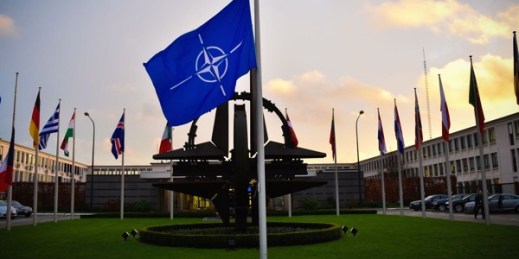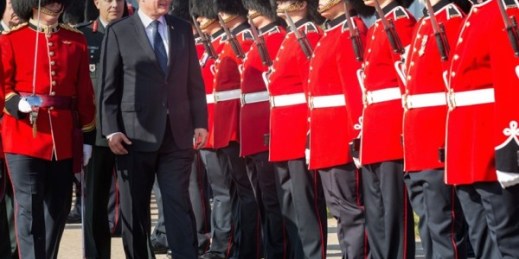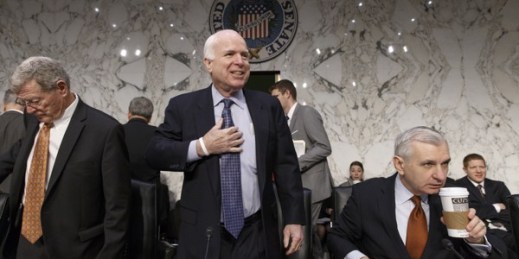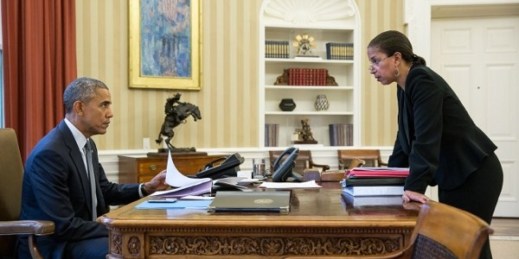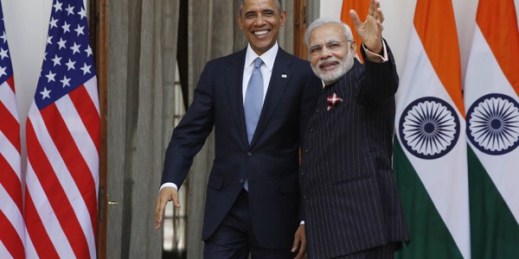
U.S. President Barack Obama’s January visit to India saw some long-awaited movement on the two countries’ Defense Trade and Technology Initiative (DTTI), touted by both sides as a means to transform the current buyer-seller defense relationship into one based on coproduction and co-development. In pursuit of this stated goal, India and the U.S. have agreed upon some pathfinder projects for production of U.S.-origin systems in India, in addition to exploring several high-end joint technology development proposals. The moves confirm that the DTTI will be a key element of the two sides’ renewed bilateral defense pact as it moves into its […]


